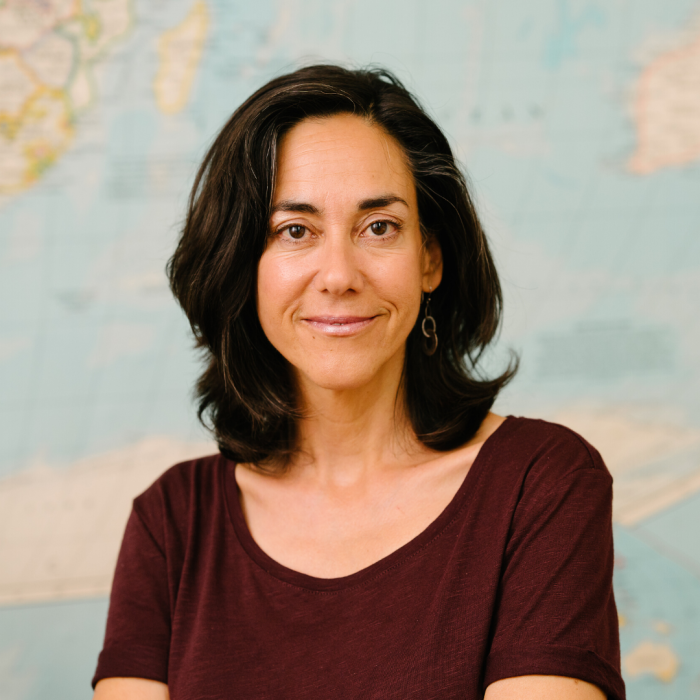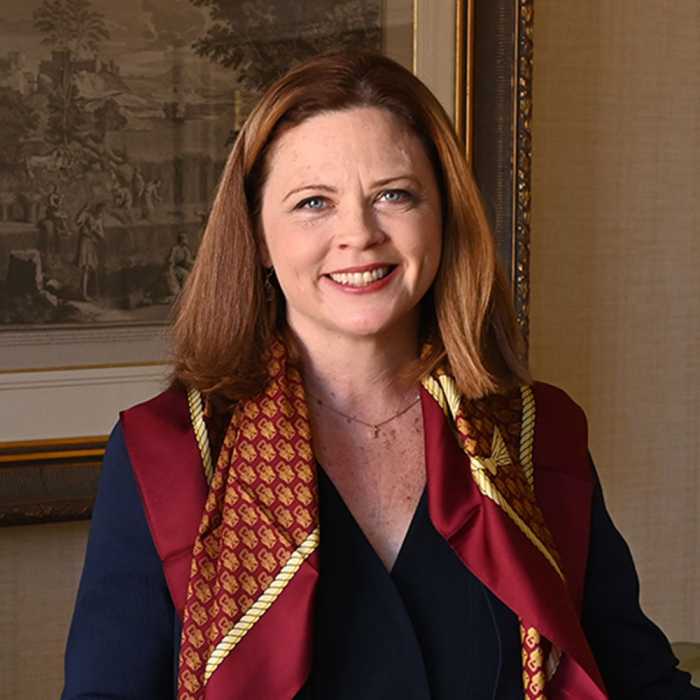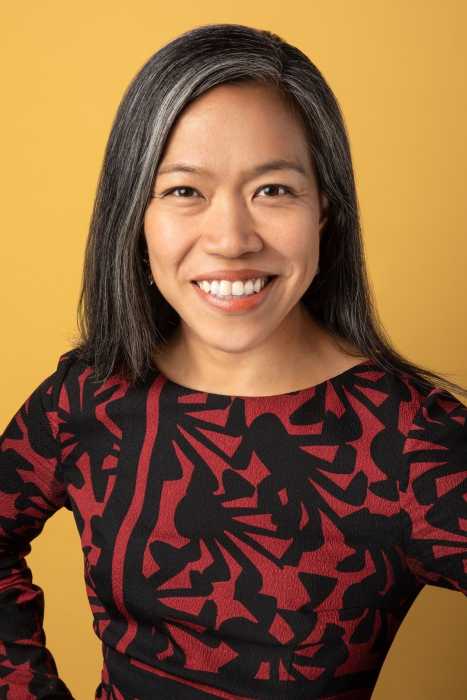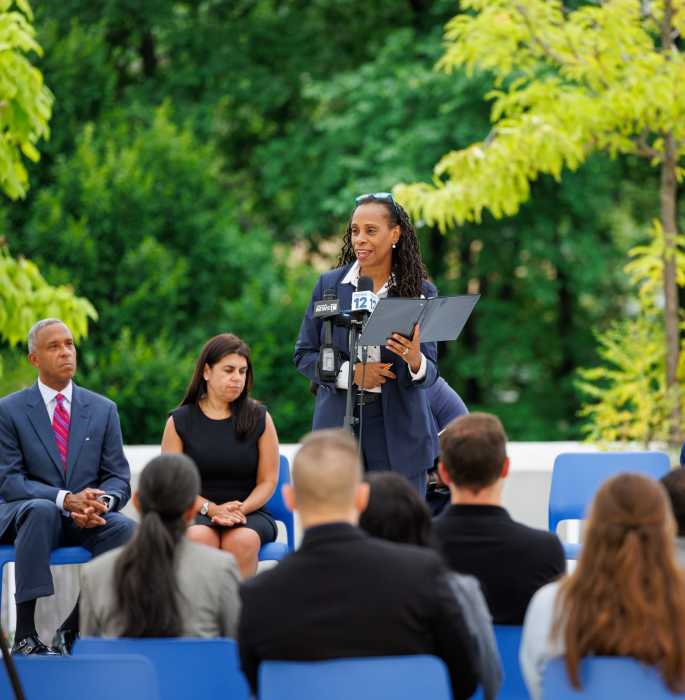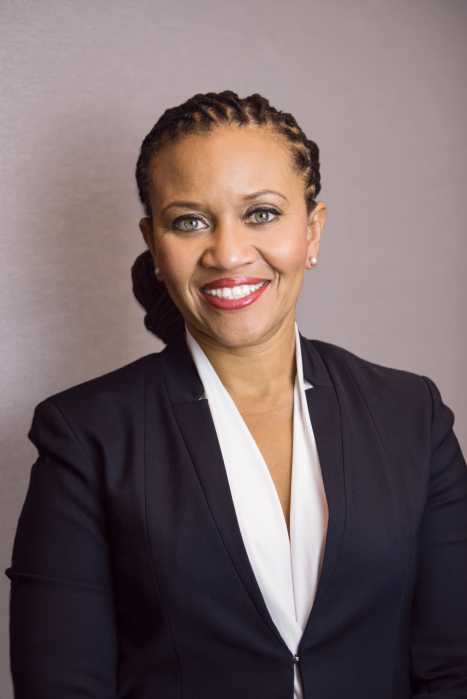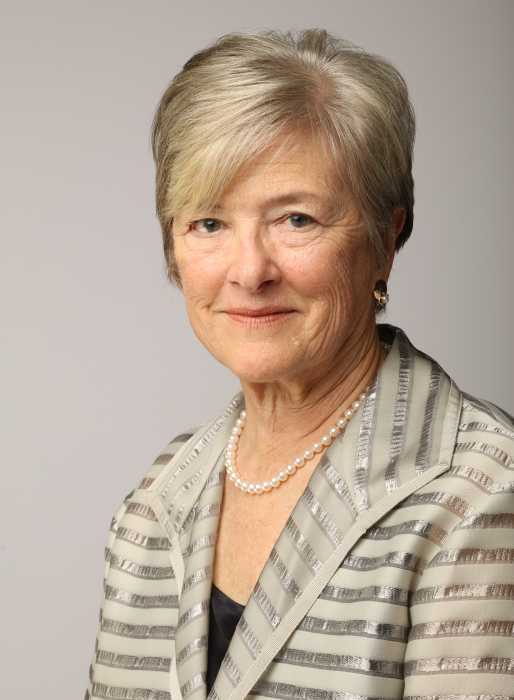MADRE Executive Director Yifat Susskind partners with women human rights activists from around the world to create programs in their communities that meet urgent needs and create lasting change. A lifelong promoter of human rights, Yifat leads MADRE’s combined strategy of community-based partnerships and international human rights advocacy.
Under Yifat’s leadership, MADRE has enabled thousands of local women’s rights activists from around the world to survive and thrive in the wake of war and climate disasters. With MADRE, women strengthen their lives and communities, making their voices heard in the halls of power — from village councils to the UN Security Council.
What steps still need to be taken to increase gender parity?
Attacks on women’s rights are on the rise here in the U.S. and around the world. We see this in actions like the Supreme Court’s overturn of Roe v. Wade in June. The right-wing attacks bodily autonomy because the social, economic, and political independence of historically marginalized communities is a building block of progressive change.
Luckily, we have allies and teachers in this fight — including in feminist movements worldwide. As we build a long-term strategy to increase women’s rights here in the U.S., we must look toward feminist allies around the world who are facing similar fights. From movements to decriminalize abortion in Colombia and Mexico, to ending militarism in Yemen and Palestine, their work illuminates a path towards increased equity and equality that we can build here at home.
What can New York policymakers do to support the interests of women across the state?
To advance women’s rights, policymakers must center and push the solutions led by women, girls, Black and Indigenous communities, and people of color. These communities are on the frontlines of the escalating crises we face around the world and right here in New York. Grassroots feminists worldwide are holding the line against assaults on rights, climate catastrophe, and growing militarization. They are shaping solutions we need most at this moment and are leading the way to a just, peaceful, and sustainable world.
If you could have dinner with any three women from history, who would they be and why?
Liliukalani, the last sovereign Queen of Hawaii. Despite being overthrown and imprisoned by the U.S., Liliukalani continued to fight for her people. I’d love to learn from her about Hawaii before the conquest and hear her story directly.
Ella Baker, a fierce and loving civil rights leader and a role model for three things I strive to bring to my work: joy, learning, and intergenerational equity.
Dr. Wangari Maathai is an inspiration for MADRE’s climate justice work. It would be an honor to talk with her and a pleasure to tell her about the many ways that her legacy endures.
What advice or wisdom would you share with a younger version of yourself?
Be authentic, principled, and playful.


